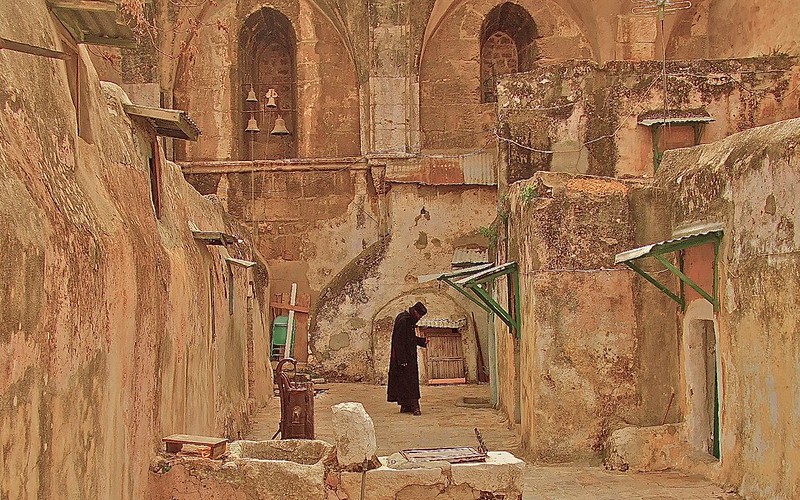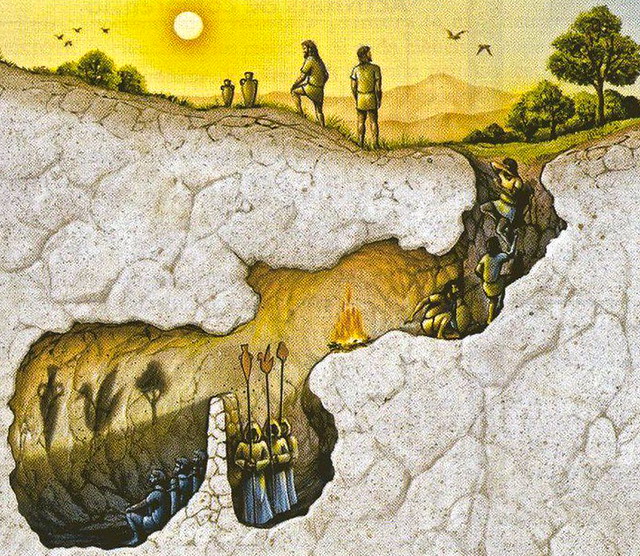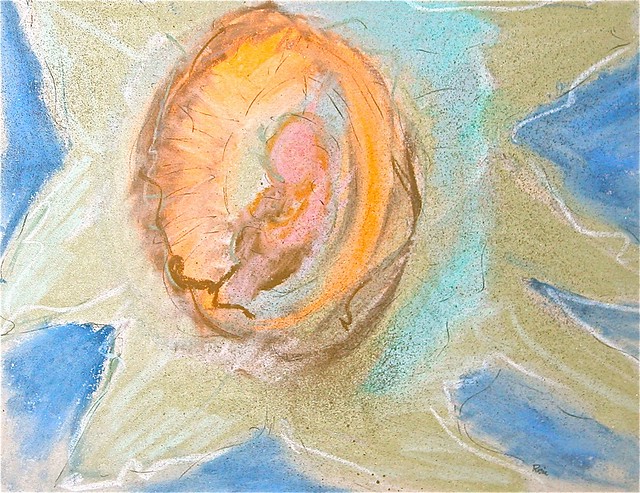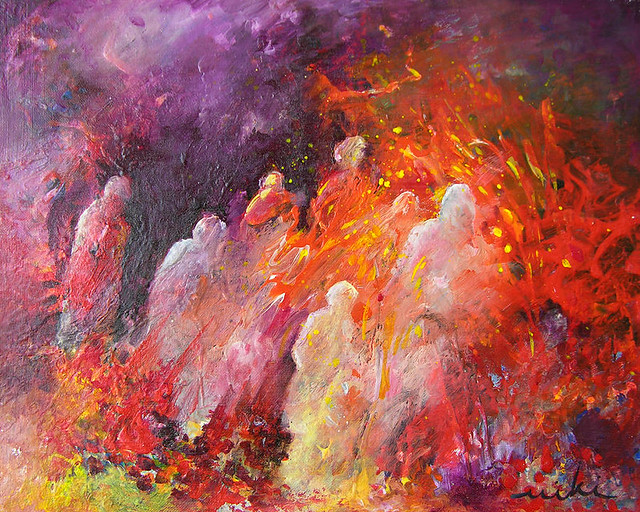Forty Years of Following Jesus

Forty Years of Following Jesus
Brian Zahnd
November 9, 2014
It was November 1974. I was fifteen and it was my year of discovery. I was awakening to the world around me, forging an identity, becoming a self. I was drawn to the counterculture. I had discovered music — not my parents music, my music. Led Zeppelin was magic for me. I still remember the first time I heard Whole Lotta Love. That opening riff channeled my lust for life. I would sit for hours in my basement bedroom listening to Zeppelin, Hendrix, Mountain, Deep Purple, Allman Brothers. Soon I would discover Bob Dylan and he would provide the soundtrack for my life. My mom was worried about my long hours alone in my bedroom with my music, black lights, and incense. But she needn’t be. I was just making discoveries.
You can live a whole lifetime when you’re fifteen. I don’t remember that much about being twenty-six or thirty-eight or forty-three, but it seems I remember every week of being fifteen. It was 1974 and people were reading Jaws. President Nixon resigned in August and Lynyrd Skynyrd didn’t care — “now Watergate does not bother me” (Sweet Home Alabama). The Rolling Stones told the truth: It’s Only Rock N’ Roll (But I Like It). Oh yeah, I remember that year. Every week was a new discovery.
Then came November 9, 1974. It was a Saturday. A crisp autumn day. I woke up to David Essex on the radio. Rock On—
Read more





